-
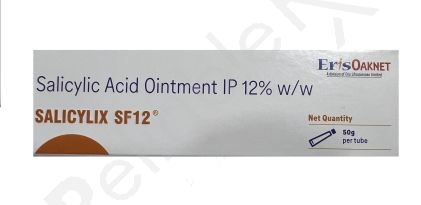 Salicylix SF 12 Ointment 50 gmUS$ 8.00 - US$ 10.00
Salicylix SF 12 Ointment 50 gmUS$ 8.00 - US$ 10.00$8.00 - $10.00
Generic For : SalicifixActive Ingredient : Salicylic Acid1 Tube/sUS$ 10.00 -
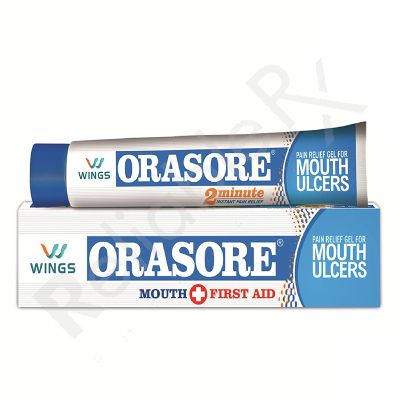 Orasore Gel 12 gmUS$ 3.33 - US$ 4.00
Orasore Gel 12 gmUS$ 3.33 - US$ 4.00$3.33 - $4.00
Generic For : -Active Ingredient : Choline Salicylate,Lignocaine,Benzalkonium Chloride with Glycerine and Spearmint1 Tube/sUS$ 4.00 -
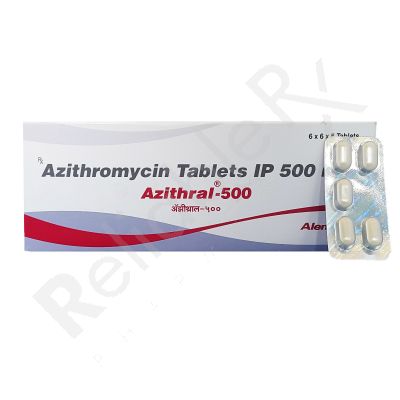 Azithral 500mgUS$ 1.56
Azithral 500mgUS$ 1.56$1.56
$1.56
Generic For : ZithromaxActive Ingredient : Azithromycin30 Tablet/sUS$ 46.67 US$ 55.92 -
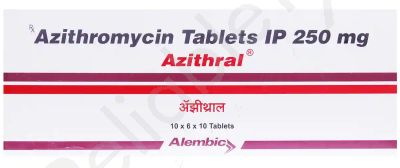 Azithral 250mgUS$ 0.61 - US$ 0.85
Azithral 250mgUS$ 0.61 - US$ 0.85$0.61 - $0.85
Generic For : ZithromaxActive Ingredient : Azithromycin30 Tablet/sUS$ 25.50 -
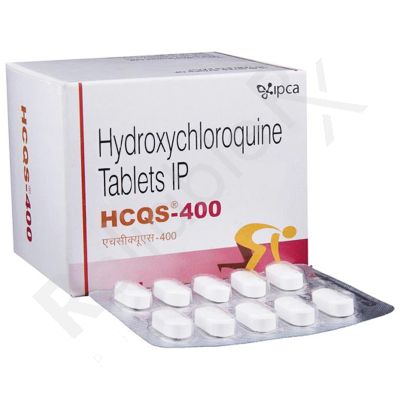 HCQS 400mgUS$ 0.67 - US$ 0.83
HCQS 400mgUS$ 0.67 - US$ 0.83$0.67 - $0.83
Generic For : -Active Ingredient : Hydroxychloroquine Sulfate30 Tablet/sUS$ 25.00 -
 Renodapt S 360mgUS$ 1.83
Renodapt S 360mgUS$ 1.83$1.83
$1.83
Generic For : Mycophenolate MoftilActive Ingredient : Mycophenolate Mofetil50 Tablet/sUS$ 91.44 US$ 105.11 -
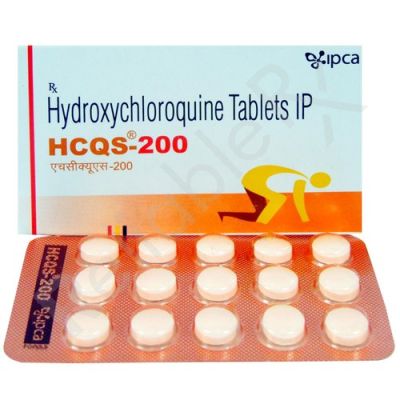 HCQS 200 mgUS$ 0.47 - US$ 0.60
HCQS 200 mgUS$ 0.47 - US$ 0.60$0.47 - $0.60
Generic For : PlaquenilActive Ingredient : Hydroxychloroquine Sulfate30 Tablet/sUS$ 18.00 -
 Pangraf 0.5mgUS$ 0.67 - US$ 1.08
Pangraf 0.5mgUS$ 0.67 - US$ 1.08$0.67 - $1.08
Generic For : PrografActive Ingredient : Tacrolimus30 Tablet/sUS$ 32.50 -
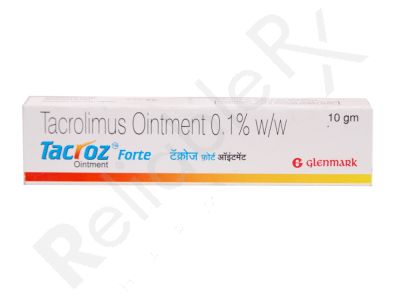 Tacroz 0.1% (10 gm)US$ 14.19
Tacroz 0.1% (10 gm)US$ 14.19$14.19
Generic For : ProtopicActive Ingredient : Tacrolimus1 Tube/sUS$ 14.19 -
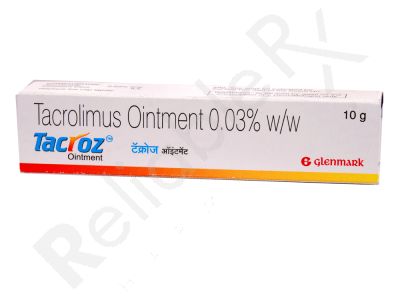 Tacroz .03% (10 gm)US$ 5.83 - US$ 8.00
Tacroz .03% (10 gm)US$ 5.83 - US$ 8.00$5.83 - $8.00
Generic For : ProtopicActive Ingredient : Tacrolimus1 Tube/sUS$ 8.00 -
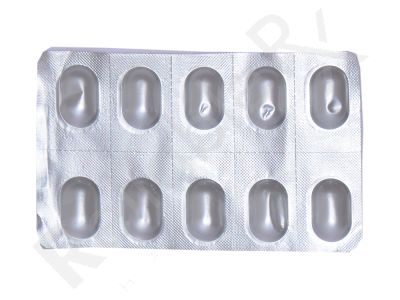 Pangraf 1mgUS$ 1.28 - US$ 1.74
Pangraf 1mgUS$ 1.28 - US$ 1.74$1.28 - $1.74
Generic For : PrografActive Ingredient : Tacrolimus30 Tablet/sUS$ 52.16 -
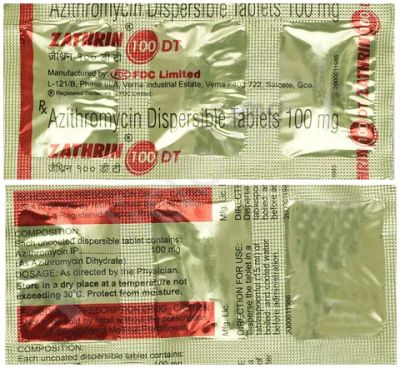
-
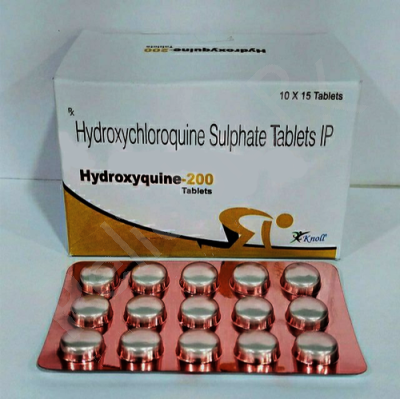
-
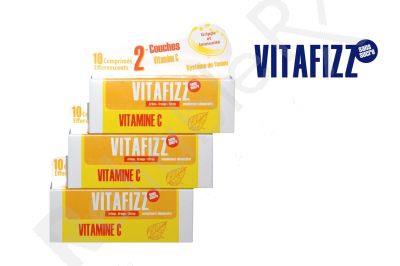
-
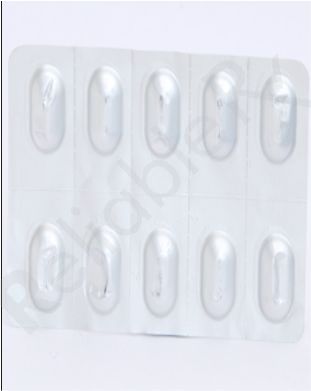
Overview
Immune system is a fundamental part of health and safety. It comprises complex cells, tissues, and organs that collectively work together and secure the body. They have the ability to recognize foreign agents such as viruses, bacteria, and parasites and protect the body from getting infected by them. Sometimes, this natural protective mechanism can cause complications in the human body. In the organ transplantation procedure, there is an installation of new organs and tissues in the body. Our immune system considers them as a foreign substance and rejects the transplanted organ. So, immunosuppressive agents are given in order to reduce the efficacy of the immune system and avoid the rejection of transplanted organs. The first successful renal transplant was done in 1954. With the advancement of science, there are a number of surgeries done like kidney and bone marrow transplantation. These transplant procedures have tremendously increased the use of immunosuppressive drugs for the smooth outcomes of the surgeries.
Classification of Immunosuppressants
Classification of Immunosuppressive agents can be done into three categories such as:
Induction immunosuppressant- The drugs falling under this category are prescribed after transplant in order to prevent acute rejection. They are recommended for a short span of time only as they help avoid the rejection of transplanted organs by the body. Methylprednisolone and basiliximab are the commonly employed drugs.
Maintenance immunosuppressant – These are the drugs that are given to maintain the suppression effect of the immune system. Prednisone, cyclosporine, and Tacrolimus are the recommended drugs.
Anti-rejection immunosuppressant – These are the agents that are prescribed when there is acute rejection is shown by the body after transplant surgery. It is given for 30 days and all the immunosuppressant drugs come under this category.
What are the uses of immunosuppressant?
These drugs have been employed in various conditions such as:
- Rejection of transplanted tissue or organ
- Autoimmune disease conditions such as Rheumatoid arthritis, Systemic Erythematosus, and Crohn’s disease
- Curing non autoimmune conditions like controlling chronic allergic asthma
What are the available treatments?
It is very crucial for a patient who undergoes transplant surgery to maintain the balance between rejection and infection. There should be a balanced intake of these medicines as excessive intake can result in infection and less intake can lead to acute rejection of the organ. Our body continuously produces B cells and T cells that identify foreign tissues called antigens. Prescribed drugs are used to prevent the response of the immune system and prevent rejection of the transplanted tissues or organs
Immunosupression procedure involves double, Triple and Quadruple drug treatment. In double treatment, two drugs cyclosporine or Tacrolimus are given along with Azathioprine. In triple-drug treatment, three-drug combinations are prescribed that involve Tacrolimus with corticosteroid and Azathioprine. In quadruple therapy, cytotoxic antibiotics are given in the induction phase along with the drugs given in triple-drug therapy.
What are the available agents and their action?
Drugs given in the treatment solely depend upon the organ being transplanted and are made to minimize the health hazards of the same. The prime duty of the Doctor is to recommend the best treatment option for you. The drugs for the treatment are as follows:
Glucocorticoids and vitamin D analogs are the most prescribed drugs in the induction as well as in the maintenance phase. Methylprednisolone weakens the immune system by activating the white blood cell activity. White blood cells are the cells that play a key role in generating immune response. They are widely employed in autoimmune diseases such as rheumatoid arthritis and asthma.
Cyclophosphamide is the most potent drug and is used in autoimmune diseases such as systemic erythematosus.
Methotrexate and Azathioprine are the drugs that are given in rheumatoid arthritis and in transplant rejection reactions. These are the cell cycle inhibitors that stop the formation of B cells and T cells that cause immune response.
Cytotoxic antibiotics like Dactinomycin and Bleomycin are used in kidney transplantation
Cyclosporine is a calcineurin inhibitor that interferes with cell-mediated immune reactions. It is given in the rejection of transplanted kidneys. Tacrolimus is slightly more influential than cyclosporine as it has higher potency and can be administered along with the corticosteroids
What are the side effects?
The side effects vary from person to person. The side effects encountered to date are as follows:
- Anxiety
- Loss of hair from the head and body
- Impaired digestion
- Arthritis
- Mood swings
- Increased craving for food
- Prolonged healing of wound
- High cholesterol levels
- Hypertension
- Kidney damage
- Osteoporosis
- Impaired immune system making a person more prone to other infections
- Unwanted hair growth
- Swelling of feet and abdomen
- Shingles
- Depression
- Diabetes
- Cancer
How to avoid possible risks?
Immunosuppressant weakens the immune system of an individual and makes him prone to other infections. Due to an impaired immune system, one can experience uncontrolled bleeding. To prevent other infections one should follow:
- Wash your hands properly, especially before taking meals. Frequent hand washing really decreases the chances of getting infected
- Avoid coming in contact with people who are already sick or have contagious infections
- Stay away from crowded areas
- Bath daily and keep your mouth clean by keeping your teeth cleaned
- Be cautious while using sharp knives and blades
- Don’t ignore even minor bleeding, try to cover that cut or wound with a bandage and take first aid measures to control it
- Take medication as prescribed by your doctor
- Keep track record of your medication in a diary and take each and every dose as recommended
- Store your medication in a cool and dry place and keep them away from children
- Regular check-up and refill of medicines should be done timely
- If any adverse side effects occur, then consult your physician immediately
- Abrupt discontinuation of recommended treatment can really make you reach a life-threatening condition so never ever stop the medicine without the approval of a physician
Also read: Listeria- Advice for pregnant women and anyone with weak immunity
What is the most used immunosuppressive medicine?
The most commonly used immunosuppressant medicines include tacrolimus, cyclosporine, prednisone, rapamune, Imuran, and rapamune.
What are the best medicines for autoimmune disorders?
Cyclosporine, methotrexate, corticosteroids, hydroxychloroquine, Azathioprine, cyclophosphamide, sulfasalazine, and mycophenolic acid.
What is the common steroid used as immunosuppressive medicine?
Corticosteroids, such as prednisone, are the most common immunosuppressant that healthcare specialists use.
How does an immunosuppressive medicine work?
All immunosuppressants interfere with the activity of the immune system and prevent it from attacking the transplanted organ, as it attacks any foreign cells, which could otherwise contribute to severe organ damage. They stop the immune system from damaging healthy tissues and cells.
What are the concerns with immunosuppressive drugs?
The most significant side effects of immunosuppressants include an increased risk of infection. Other less serious side effects of the medicine include nausea, vomiting, loss of appetite, hand trembling, and increased hair growth. However, these side effects resolve as the body adjusts to the immunosuppressant medicines.
Are immunosuppressants safe to use?
All immunosuppressants come with a risk of infection. When an immunosuppressant drug weakens your immune system, your body becomes less resistant to infection. That means they may make you prone to get infections. It also means that any infection will be difficult to treat.
Can we order prescription immunosuppressant drugs online?
Yes, you can purchase prescription immunosuppressants online. Ordering your prescription online does provide some degree of ease because the medicine is delivered to your home.
Which is the authentic website to buy immunosuppressants?
Reliablerxpharmacy offers authentic immunosuppressants online with the fastest home delivery at your doorstep.





20% OFF
On New Registration
Terms and Conditions Apply*
Flat 20% OFF
on your first purchase
20% off only on the product value
Maximum discount value $20
Only one coupon can be used at a time
Coupon code will be mailed on
your registered email address.
Login
Sign up
Flat 20% OFF
on your first purchase
20% off only on the product value
Maximum discount value $20
Only one coupon can be used at a time
Coupon code will be mailed on
your registered email address.
Login
Sign Up
Flat 20% OFF
on your first purchase
20% off only on the product value
Maximum discount value $20
Only one coupon can be used at a time
Coupon code will be mailed on
your registered email address.
Forgot Password ?